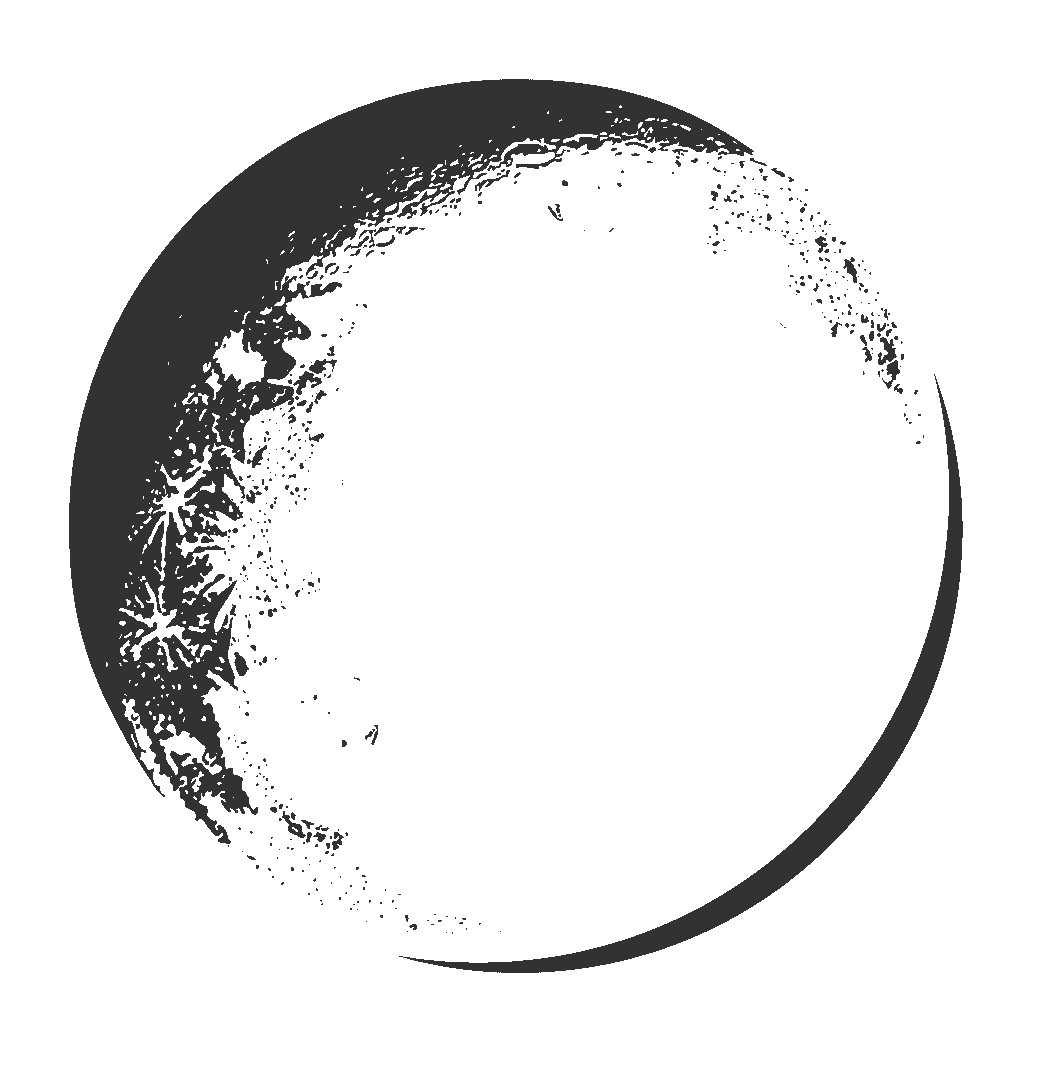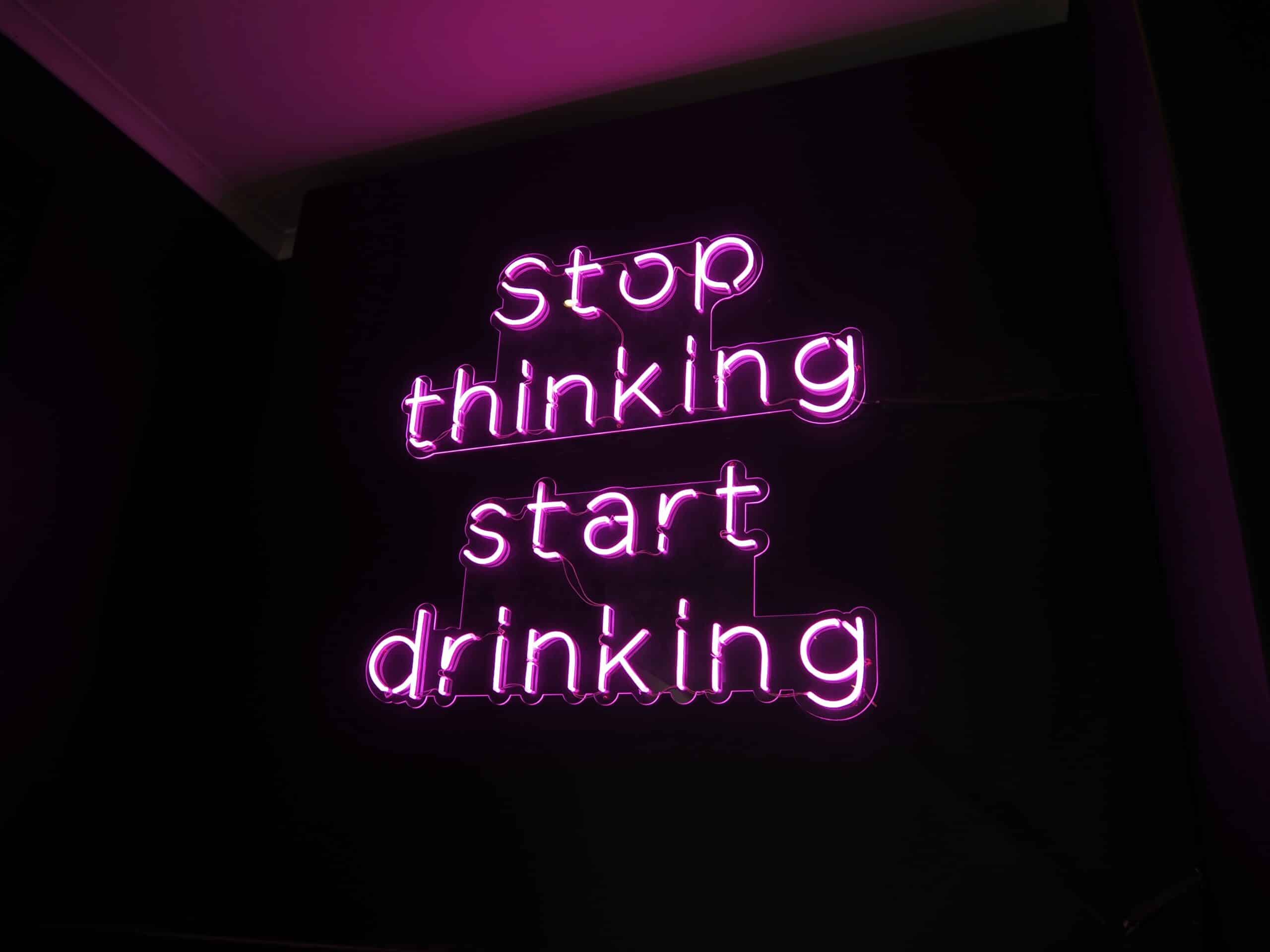The Strange Magic of 3-Day Retreat: Why Your Brain Needs Three Nights to Stop Making Lists and Start Noticing the Stars

Date
Still tired after your weekend away? You packed the bag. Switched off the phone. Got out of town. But you came back… still wired. Still foggy. Still not rested. There’s a reason for that, and it isn’t because you didn’t meditate hard enough or drink enough green juice. It’s because your nervous system doesn’t operate on your schedule.
There’s something that happens consistently and predictably after about 72 hours in nature. You stop bracing. You stop refreshing tabs in your mind. You begin to feel, if not transformed, then at least less scrambled. This is what researchers call the Three-Day Effect. At Bliss & Stars, we just call it a retreat.
David Strayer, a cognitive neuroscientist at the University of Utah, has spent years studying what happens to the brain when we step away from screens and into the wild. In one of his most cited studies, participants who spent four days in nature without digital devices showed a 47% improvement in creative problem-solving tasks. Not because they were trying harder—but because their prefrontal cortex was finally getting a break. The part of your brain responsible for decision-making, focus, and impulse control calms down when it’s no longer being asked to juggle ten things at once. Your attention softens. You stop doing. And slowly awareness, maybe even insight begins to move in.
On day one, you arrive. Technically, you’re in the mountains. But mentally, you’re still in your inbox. You’re wondering if you packed your charger, whether that email got sent, whether someone noticed your “Out of Office”. You haven’t landed yet.
On day two, things begin to fall away. No Wifi signal and you notice the shape of a rock, the movement of water, the silence between words. You aren’t being asked to deliver anything. For once, that feels like enough.
Then comes day three. And on day three, you remember. Not in a dramatic, movie-ending way but in a quiet, deep-breath kind of way. You remember what it feels like not to rush. You remember what clarity tastes like. You remember that not every thought requires a response, and not every feeling is a crisis. You might even remember who you are underneath the coping mechanisms.
Strayer’s research supports what environmental psychologists Rachel and Stephen Kaplan have long said: nature offers “soft fascination”—stimuli that gently hold your attention without draining it. Unlike city streets or inboxes, which demand constant vigilance, the natural world invites your brain to downshift. And when that happens, stress hormones drop. Sleep deepens. Creativity rebounds. Not because you hacked your mind, but because you stopped feeding it junk.This isn’t a productivity trick. Though, in a way, it works better than one. The 3-Day Effect doesn’t promise transformation. It promises a pause. A little space. The chance to feel time instead of chase it. To listen instead of react. To exhale.
That’s why our retreats aren’t designed to promise you a life-changing experience in 24 hours. They’re designed to give you what your nervous system actually needs: enough time to stop pretending everything’s fine, long enough to notice what might be. You could call it a reset. But we prefer to think of it as a return. Resources: “Nature Nurtures Creativity” This article discusses a study co-authored by Strayer, highlighting how immersion in nature can enhance creative problem-solving by 50%. “Call to the Wild: This Is Your Brain on Nature” This piece delves into Strayer’s research and experiences, illustrating the cognitive benefits of spending time in natural environments. “The Nature Fix: The Three-Day Effect” This blog post explores the concept of the Three-Day Effect, featuring insights from Strayer and others on the restorative power of nature.


